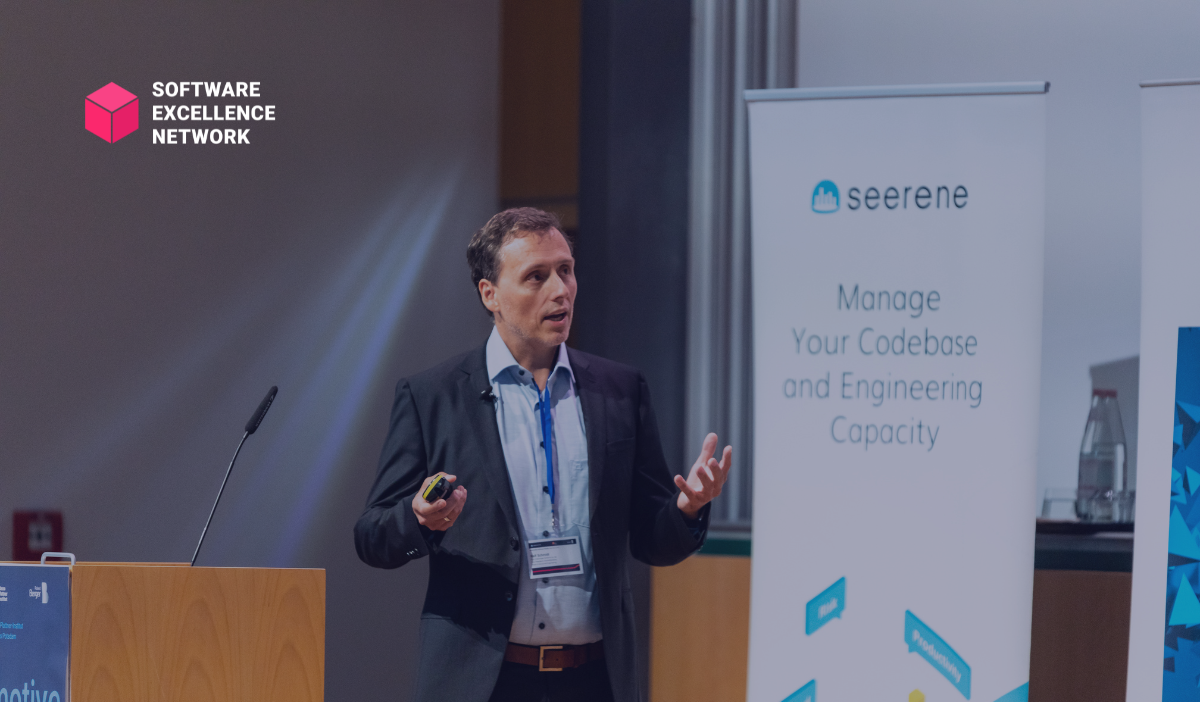
At the Learning Curves executive exchange, Ralf Schmidt, Vice President, Managing Director, and Head of Global Electronics Engineering at the DRÄXLMAIER Group, delivered a masterclass that highlighted the company’s transformative journey from its roots in crafting traditional wiring harnesses to developing sophisticated, integrated systems for the premium automotive sector. His presentation underscored the pivotal role of innovation, collaboration, and strategic transformation in navigating the increasing complexity of the automotive industry.

Schmidt began by reflecting on DRÄXLMAIER’s origins in producing leather goods and traditional wiring harnesses, emphasizing how these roots in craftsmanship have shaped the company’s meticulous approach. However, the company’s evolution into a key player in the premium automotive market—serving brands like BMW, Mercedes-Benz, Tesla, and Bugatti—has necessitated a significant transformation.
DRÄXLMAIER’s portfolio now extends beyond wiring harnesses to include advanced battery systems, interior solutions, and charging systems, with electronic and software integration at their core. For instance, Schmidt highlighted their work on the Porsche Taycan’s complete battery system and the Audi e-tron’s battery management system. This shift reflects the growing demand from OEMs for integrated systems rather than isolated components.
Schmidt noted that while DRÄXLMAIER is not traditionally a software company, the integration of software has become indispensable. Today’s products, such as dynamic lighting systems and complex battery management systems, require a deep understanding of functional safety, electronic integration, and software development.
The rise of connected vehicles, autonomous driving technologies, and over-the-air (OTA) updates has brought new challenges. Schmidt observed that in the early 2000s, software development was predominantly coding-focused, with minimal overhead. Now, it involves navigating an intricate web of standards, such as Automotive SPICE, cybersecurity protocols, and sustainability requirements, making robust processes and systems engineering essential.
One of the most compelling points in Schmidt’s talk was the scale of complexity in DRÄXLMAIER’s operations. With over 70,000 employees worldwide and 60,000 dedicated to producing wiring harnesses—often with minimal automation—the company manages an astonishing 10³¹ variants of these products. To streamline operations and meet future demands, they are implementing one of Europe’s largest SAP S/4HANA projects.
Schmidt emphasized the importance of vertical and horizontal collaboration across business units, from wiring harnesses to battery systems and interiors. Achieving this integration requires not only a mindset shift but also sophisticated tools and automation. He stressed that every layer of the process—from design to production—must interlock seamlessly, with automation playing a crucial role in ensuring quality and efficiency.
Innovation, one of DRÄXLMAIER’s core values, is deeply embedded in its culture. Schmidt described how the company fosters “crowd innovation,” encouraging ideas from across its global workforce. While not every idea materializes into a breakthrough, the approach has yielded some exceptional results, enabling the company to maintain its edge in the premium market.
Equally vital is the cultivation of talent. DRÄXLMAIER has strategically positioned itself near academic hubs like the Technical University of Munich, where it recruits top-tier talent in computer science, electronics, and engineering. However, Schmidt recognized that fostering long-term employee commitment requires engaging with talent even earlier, potentially collaborating with universities to shape curricula that align with industry needs.
As OEMs shift more complexity to Tier 1 suppliers, DRÄXLMAIER faces the challenge of scaling its expertise in both software and electronics. Schmidt described their vision of a “software factory,” where automation, robust tools, and cross-disciplinary collaboration enable the company to develop and deliver increasingly complex systems.
By aligning vertical expertise (e.g., wiring harnesses, battery systems) with horizontal collaboration across business units, DRÄXLMAIER aims to transform itself into a leader in integrated systems. This transformation is not without challenges, but Schmidt expressed confidence that the company’s foundation of craftsmanship, innovation, and strategic foresight would ensure its continued success.
Ralf Schmidt’s masterclass at the Learning Curves executive summit offered a glimpse into the future of the automotive industry, where the lines between hardware, electronics, and software are increasingly blurred. For DRÄXLMAIER, thriving in this environment means embracing complexity, fostering innovation, and cultivating a workforce equipped to tackle the challenges of tomorrow.
As Schmidt aptly concluded, the journey from craftsmanship to cutting-edge systems is ongoing, but with a clear vision and unwavering commitment to quality and innovation, DRÄXLMAIER is well-positioned to remain a trusted partner for the world’s most prestigious automotive brands.
The Software Excellence Network is the premier community fostering collaboration among industry leaders, academics, and practitioners to advance the state of large-scale software development. Through summits, masterclasses, and thought leadership, the network drives innovation and excellence in tackling the challenges of software production in industries like automotive, finance, and technology.
A Note to Readers:
This article provides a journalistic summary of Ralf Schmidt’s masterclass at the Learning Curves executive summit. While it captures key highlights and themes, we encourage you to watch the full presentation to gain a complete understanding of his insights and the depth of DRÄXLMAIER’s approach to automotive innovation. If you have any questions or concerns, please contact us.
These Stories on Events/Webinars
August-Bebel-Str. 26-53
14482 Potsdam, Germany
hello@seerene.com
+49 (0) 331 706 234 0
Generative AI Seerene GmbH
August-Bebel-Str. 26-53
14482 Potsdam, Germany
hello@seerene.com
+49 331 7062340